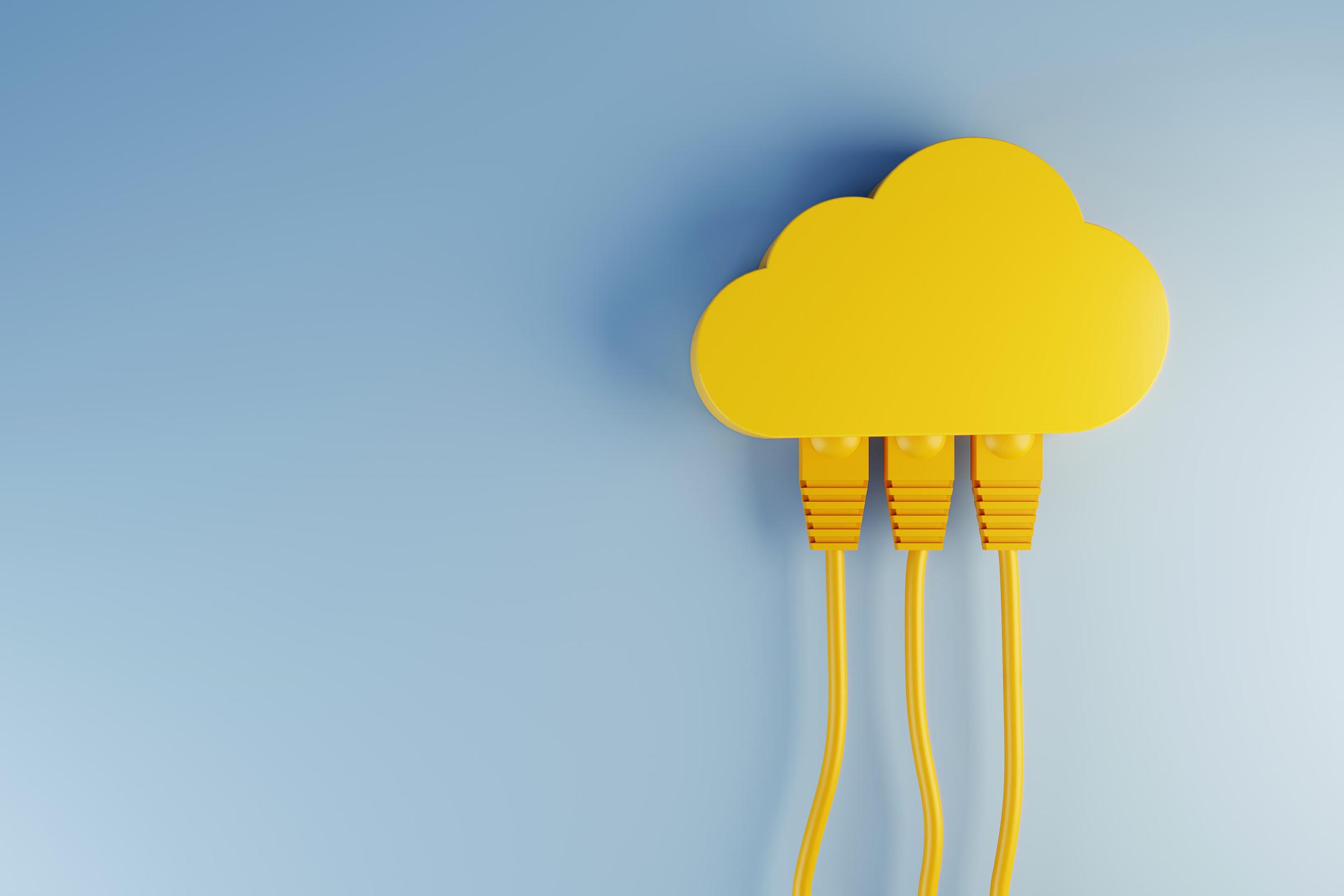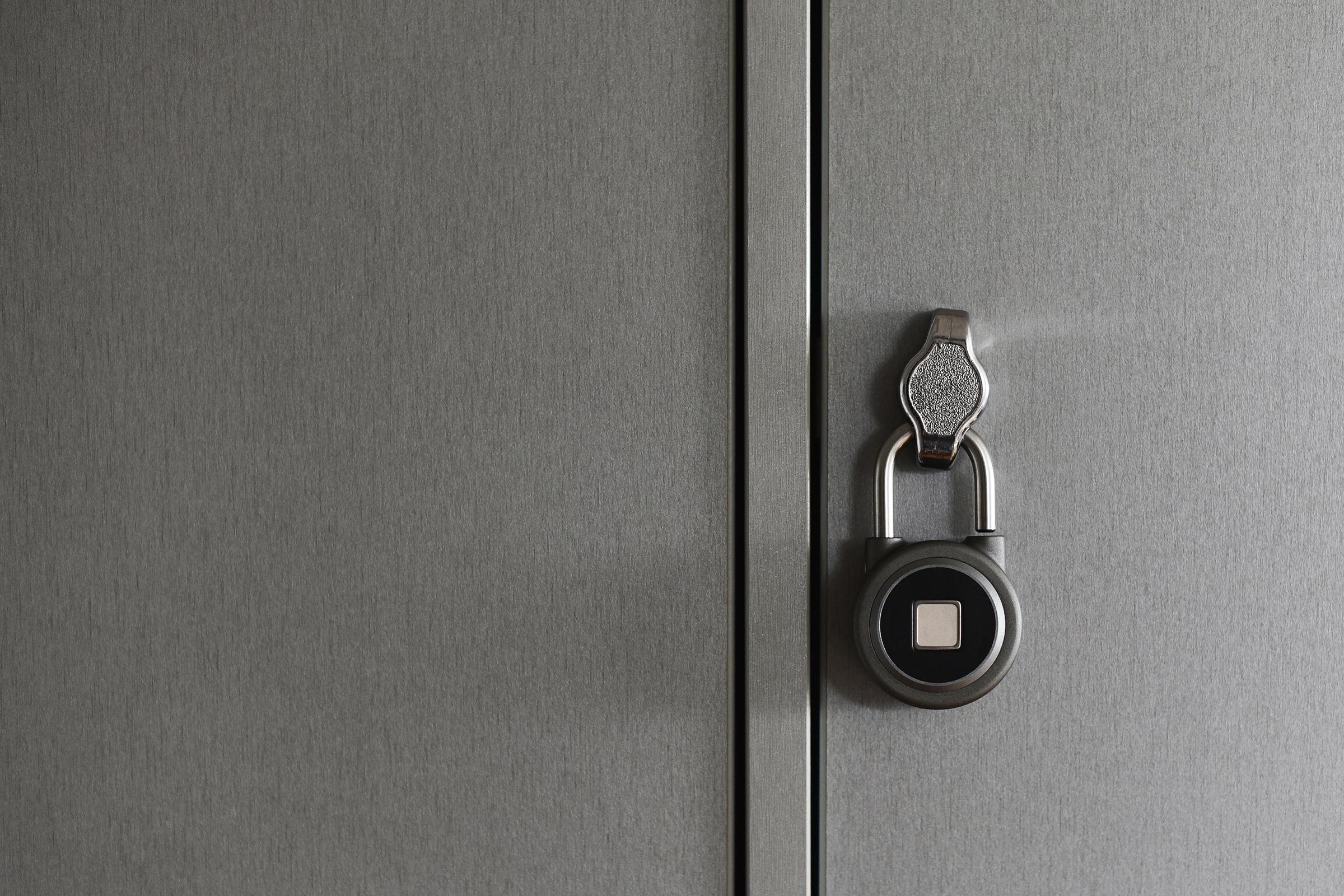“One Big Beautiful Bill Act.”
Uncertainty makes tax planning difficult, but the nearly 900-page “One Big Beautiful Bill Act” (OBBBA)* signed on July 4, 2025, offers some long-awaited clarity.
“One Big Beautiful Bill Act”
The act introduces major changes for individuals, estates, businesses, and investors to consider with their advisors. These changes include extending or making permanent many provisions of the Tax Cuts and Jobs Act of 2017 (TCJA) that were set to expire at the end of 2025.
Below is a summary of relevant updates likely to impact many taxpayers. Unless otherwise noted, these rules take effect in 2026.
1. Estate and gift tax.
High-net-worth families gain potentially meaningful estate planning opportunities.
- Exemption increase: Starting in 2026, the federal estate and gift tax and generation skipping tax exemptions increase to $15 million per person/$30 million per married couple.
2. Individual income tax.
The OBBBA attempts to stabilize many aspects of the individual income tax landscape, though some complexities remain.** In some cases, various TCJA rules become permanent, while in other instances, certain credits and deductions are pulled back.
- Tax brackets: The lower individual and trust income tax rates, ranging from 10% to 37%, are now permanent. Meanwhile, the expanded tax brackets with increased standard deduction remain in place with no stated sunset.
- Alternative minimum tax: Thresholds revert to pre-2018 levels but maintain higher exemptions.
Itemized deductions and credits.
- Miscellaneous deductions: The previous removal of all miscellaneous itemized deduction subject to a 2% floor is still in place, but there is a new limit that reduces deductions for high earners in the 37% tax bracket.
- State and local tax (SALT): The deduction cap is temporarily raised to $40,000 for married couples filing jointly (MFJ), effective 2025 until 2029, with modified gross income (MAGI) phaseouts down to $10,000.
- Mortgage interest deduction: The mortgage interest cap on debt up of $750,000 is made permanent.
- Car loan interest deduction: New up to $10,000 deduction on U.S.-built personal autos (expires in 2028).
- Senior deduction: New $6,000 senior (65 or older deduction is in effect for 2025-2028, phased out for MAGI above $75,000 individual/$150,000 MFJ.
- Qualified Opportunity Zones: Made permanent, with modifications that create powerful rolling 10-year tax deferral or reduction benefits, along with new reporting requirements.
- Green energy credits: Many provisions were rolled backed or eliminated.
Charitable deductions.
- Above-the-line deduction: Reinstated for up to $1,000 individual/$2,000 MFJ, even without itemizing.
- New charitable floor: New 0.5% floor on itemized charitable deductions and caps for top earners.
- Scholarship credit: New $1,700 credit for contributions to qualified scholarship-granting organizations.
Family and education provisions.
- Child tax credit: Increased to $2,200 per child with the $1,400 refundable portion now made permanent. There is an increase in MAGI phaseouts to $200,000 per individual/$400,000 MFJ.
- Dependent care FSA: Annual limit increased to $7,500.
- Child/dependent care credit: Maximum credit rate increased from 35% to 50% with higher income thresholds.
- 529 plans: Expanded to allow for broader use of funds, while the maximum annual distribution for K-12 expenses was raised from $10,000 to $20,000.
- “Trump Accounts”: New tax-exempt youth retirement vehicle for children under 18 years old, allowing $5,000 annual contributions and a $1,000 newborn credit match for children born 2025-2028. The account converts to a traditional IRA at age 18.
3. Business and corporate taxes.
Many tax professionals are viewing the OBBBA’s small business and corporate tax changes as a step toward long- run economic growth, though some are concerned that the permanent deductions will be costly from a revenue generation standpoint.***
- Section 1202 qualified small business stock: Tax exclusion includes shorter holding periods. Gain exclusions ranging from 50%-100% over five years, and a maximum lifetime gain exclusion increase to $15 million (up from $10 million).
- Qualified business income deduction: The 20% deduction for qualifying pass-through business is made permanent, with broader eligibility thresholds.
- Bonus depreciation: 100% bonus depreciation becomes permanent for property placed in service after January 19, 2025.
- Domestic research and development: Expenses incurred after December 31, 2024, are now immediately deductible. Small businesses can apply for retroactive relief back to 2021.
What this means for you.
The OBBBA brings tax planning opportunities for taxpayers to evaluate their personal and business tax matters. Many provisions favor long-term strategies, particularly for individuals and business owners. However, interpretation and guidance from the IRS and Treasury will continue to evolve. Since some provisions are time sensitive, collaboration across your entire advice team is critical. Please contact us today for further guidance.

More reading
Check out these articles for more wealth insights.
* U.S. Congress, “One Big Beautiful Bill Act of 2025,” H.R. 1, 199th Cong. (2025). Public Law No. 119-21.
** D. Bunn, A. Muresianu, W. McBride, “The Good, the Bad, and the Ugly in the One Big Beautiful Bill Act,” Tax Foundation, July 9, 2025.
*** Ibid.
Information provided by SEI Investments Company (SEI).
Neither SEI nor its affiliates provides tax advice or other legal or regulatory advice. Please note that (i) any discussion of U.S. tax matters outlined in this communication cannot be used by you or any other person for the purpose of avoiding tax penalties; (ii) this communication was written to support the promotion or marketing of the matters addressed herein; and (iii) you should seek advice based on your circumstances from an independent tax advisor.





